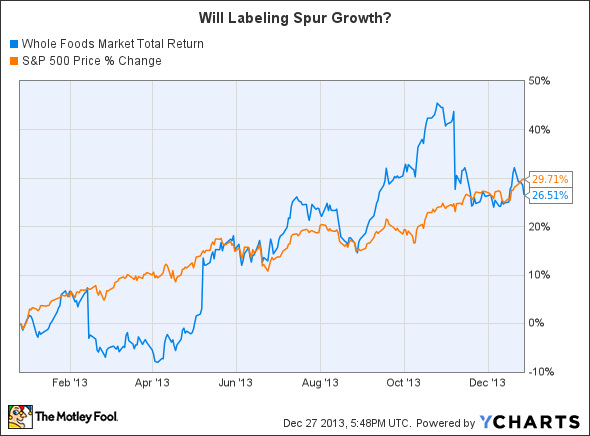Activist investor’ no longer a bad label
Post on: 8 Апрель, 2015 No Comment

The Dispatch E-Edition
The E-Edition includes all of the news, comics, classifieds and advertisements of the newspaper. And it’s available to subscribers before 6 a.m. every day.
All current subscribers have full access to Digital D, which includes the E-Edition and unlimited premium content on Dispatch.com, BuckeyeXtra.com, BlueJacketsXtra.com and DispatchPolitics.com. Subscribe today!
By Alexandra Stevenson THE NEW YORK TIMES Sunday January 12, 2014 9:06 AM
It’s no longer an insult to be called an activist investor.
Once painted as greedy corporate raiders, they would amass large stakes in a company and, through brute force, push for changes in the company’s leadership and business practices. They reveled in their image of attacking the fortress of corporate America. Now, three decades later, their efforts have become more sophisticated and they are often seen as a good thing, shaking up companies too entrenched in their ways.
The beneficiaries of this new attitude are activist hedge-fund managers like David Einhorn and Daniel S. Loeb, who last year rattled the corporate boards of some of the United States’ biggest and best-known companies. They are beginning the new year with swelling coffers and more public support than ever.
The industry suffered middling returns compared with the gravity-defying stock market in the United States, but some activist hedge funds outperformed stocks last year. And in a show of support, investors poured an estimated $10 billion to $12 billion of new money — a record — into the funds, bringing their total assets to more than $100 billion, according to data from Hedge Fund Research.
Even Mary Jo White, the Securities and Exchange Commission chairwoman, has taken note of the increasingly important role played by activist investors. “It was not that long ago that the ‘ activist’ moniker had a distinctly negative connotation,” White said in December at a conference on corporate governance in Washington. “But that view of shareholder activists, which has its roots in the raiders of the 1980s takeover battles, is not necessarily the current view and it is certainly not the only view.”
Activist investors, who buy up shares in a company with the intention of gaining enough control to demand changes to its business, are best known for publicly admonishing executives as lazy and overpaid and calling on companies with huge cash piles to share their riches with shareholders.
At a time when companies have borrowed record levels of cash but are doing little with it and regulators are drawing more attention to corporate governance issues such as soaring executive pay, the calls from these activist investors resonate.
And investors say they like their performance record. In 2013, activist funds returned around 18 percent to investors, compared with an industrywide average of 9 percent, Hedge Fund Research says.
A series of prominent campaigns last year helped to make the public case for hedge-fund activists. An attempt by Einhorn of Greenlight Capital to force Apple to return some cash in the form of preferred stock failed in February, but Apple later agreed to return part of its $137 billion cash pile to shareholders through a buyback and a bigger dividend. Carl C. Icahn, the billionaire activist, followed with demands for an even bigger dividend.

The most-striking success story last year began with a relatively minor assault on Microsoft. In April, when the $12 billion hedge fund ValueAct Capital announced that it had acquired a stake in Microsoft of less than 1 percent and was seeking change at the top, it seemed unlikely to prevail. But by August, Microsoft’s chief executive, Steven A. Ballmer, announced that he was stepping down after 13 years on the job.
“In the wake of the downturn five years ago, companies were able to tell investors, ‘Everything has crashed and we’re all in the same boat together,’ ” said Christopher P. Davis, a partner at Kleinberg Kaplan Wolff & Cohen who represents activist investors. “The problem is that the stock market has rocketed up and the competition has taken advantage of that. Any laggard that is not anywhere near where the market has gone has a difficult time explaining why they are still trailing behind.”
Much of the new money flowing into activist funds is coming from institutional investors such as corporate and state pension-fund managers and endowment funds, many of which would not have put their money with activist investors before the financial crisis for fear that their reputation would be tarnished.
“We think they can go in and make improvements in companies that benefit shareholders in the long run,” said Anne Sheehan, director of corporate governance for the California State Teachers’ Retirement System, which manages $176 billion. The California teachers’ fund, known as CalSTRS, first began investing strategically in activist hedge-fund managers in late 2008.
Last year, in a first for CalSTRS, it joined the hedge fund Relational Investors in leading a proposal to split the Timken Co. into separate steel and industrial-bearings businesses. Months later, the company agreed.
Less patient than they used to be, institutional investors now weigh in, often to tip the scales in favor of activists.
“It used to be that boards of decent-size companies were impenetrable,” said William A. Ackman of Pershing Square, an $11 billion hedge fund. “What’s changed is that institutions are prepared to replace directors, including the chairman and chief executive, in light of underperformance.”














